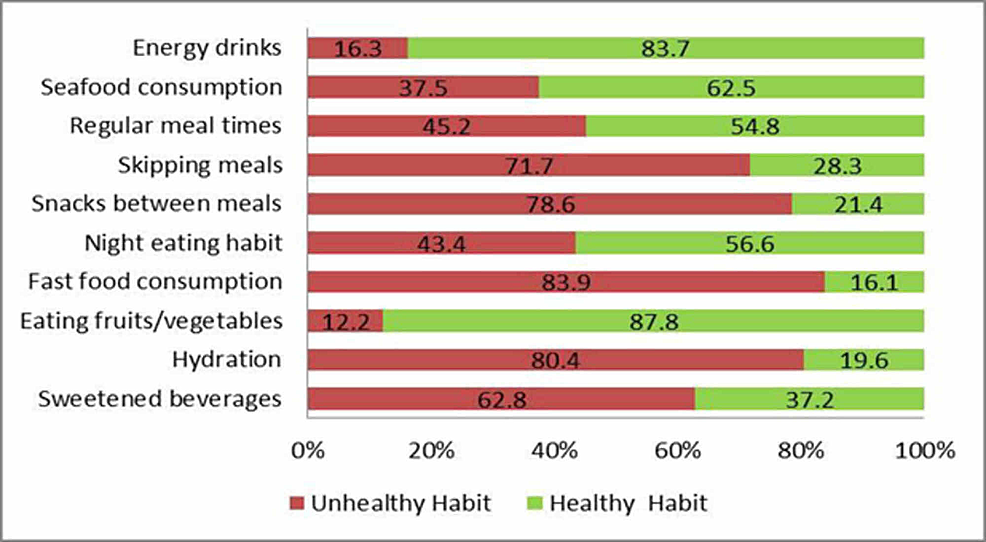

These cookies ensure basic functionalities and security features of the website, anonymously.Īssociated with Amazon Web Services and created by Elastic Load Balancing, AWSELB cookie is used to manage sticky sessions across production servers.

Necessary cookies are absolutely essential for the website to function properly. Drink less alcohol - 21% (only shown to 21+).Oversleeping during a work day while working from home (only shown to those WFH) - 11%.Drinking too much alcohol - 26% (only shown to those 21+).Not eating as many fruits and vegetables as they should - 33%.TOP BAD HABITS PICKED UP DURING QUARANTINE It’s delicious and it helps get rid of brain fog rather than produce it, so people can go into the new year with a clear head and leave behind what has been a very challenging year for almost everyone." “2020 has been rough, so it’s no surprise alcohol intake has increased” acknowledges Taranto, “but, since this is going on longer than most of us imagined it would, and our levels of alcohol consumption aren’t sustainable if we want to remain healthy, non-alcoholic options like HOP WTR make a lot of sense for people when they turn over their new leaf and say goodbye to 2020. One in five respondents over 21+ said their top goal for 2021 is to drink less alcohol. Some of the top goals for the new year included the go-to resolutions of exercising (53%), eating more fruits and veggies (51%) and meal planning (36%). While they look to the new year, seven in 10 respondents said they plan on starting 2021 with a clean slate to improve their health. I wanted to break the habit and when I couldn't find The Healthy Alternative to Beer, I decided to go create it! I wanted something that pays homage to my favorite IPA, but rather than leave me with a cloudy head that night and the next day, actually clears the brain fog because it’s packed with nootropics rather than booze.” “I was that statistic," admits HOP WTR founder Nick Taranto, “I found myself reaching for one too many IPAs, putting on weight and waking up hungover more days than I could justify. With all of these bad habits adding up, 45% of respondents said they’re worried they’ll never be able to fall out of these routines. This isn’t an issue exclusive to those working from home either, as 32% of all respondents said they just aren’t getting enough sleep during quarantine. Other bad habits picked up during this time included, drinking too much caffeine (32%) and staying in their pajamas all day (23%).Īs each day drags into the next, it’s no surprise that one in 10 respondents working from home also found it harder and harder to get out of bed during the work week and often oversleep. Two in five of all 2,000 respondents shared they’ve been snacking more and eating more comfort foods as quarantine continues – and they’ve been stress eating an average of three times a week. It’s no surprise then that six in 10 adults 21+ shared they’ll be trying to drink less for the remainder of 2020.Īnd having a few extra drinks isn’t the only habit that respondents have picked up during lockdown. Over half (52%) of respondents also said that they’ve felt the need to drink while watching the news this year and they average about four adult beverages each week. In fact, 64% of employed respondents (1,400 respondents) shared that virtual happy hours with their coworkers has increased their alcohol intake during quarantine. Another 45% of these respondents have even admittedly taken the liberty of having an alcoholic drink during the workday.Ĭonducted by OnePoll on behalf of HOP WTR, the survey found that 53% of those polled 21+ (over 1,900 respondents) have been drinking alcohol more frequently during lockdown.


 0 kommentar(er)
0 kommentar(er)
